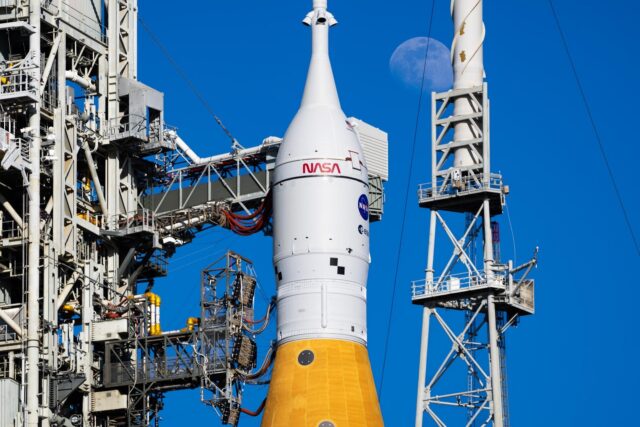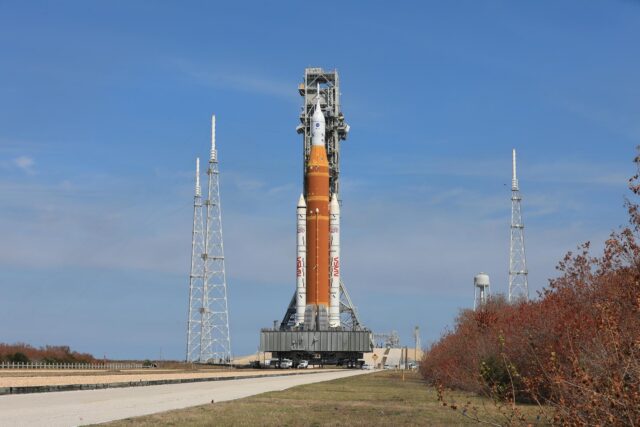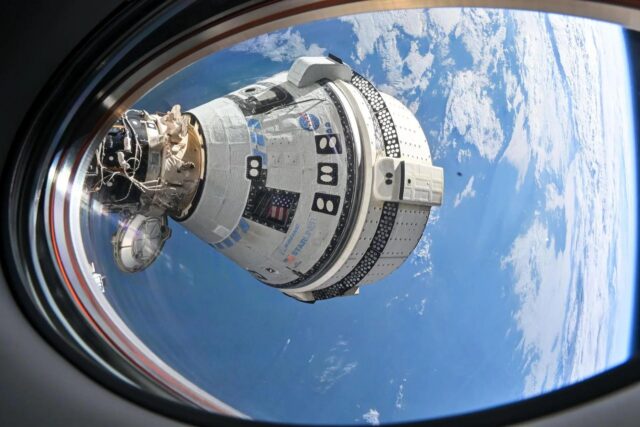UK science start-up Blue Skies Space to launch first stargazing satellite

UK start-up company Blue Skies Space has confirmed an October 2025 launch date for its Mauve stargazing satellite. The satellite will be launched on SpaceX’s Falcon 9 rocket as part of the Transporter-15 rideshare programme, and will be the company’s first satellite in orbit. The 25-kg Mauve satellite is being built by a consortium of European companies, including C3S and ISISPACE, and is equipped with a 13 cm Cassegrain telescope that will observe hundreds of stars in the Ultraviolet and visible wavelengths.
Mauve will operate in low-Earth orbit, from where it will measure the magnetic activity of nearby stars, helping scientists to understand the impact of powerful stellar flares on exoplanets. The data gathered will provide a greater understanding of the impact of flares on the habitability of neighbouring exoplanets. The time-domain, Ultraviolet data gathered will complement the data provided by larger facilities such as the Hubble Space Telescope.
Traditionally, space data has been provided to researchers through government agencies (such as NASA, ESA etc) but there is a huge demand for these satellites and they are often heavily over-subscribed. There was seven times more demand than availability for the James Webb Telescope, for example.
Blues Skies Space plans to transform access to space science data by making the data captured by its satellites available to any researcher in the world. The company aims to deliver space science data directly to the global scientific community, and to do so in accelerated timescales, via an affordable annual membership.
Academics sit at the heart of Blue Skies Space’s science programmes, and researchers who sign up before launch will be able to shape the global research collaboration, directing where in space the Mauve satellite looks and how long it looks for during its three-year mission. Early participants include researchers from Boston University, the National Astronomical Observatory of Japan, Rice University, Vanderbilt University, and Western University.
















